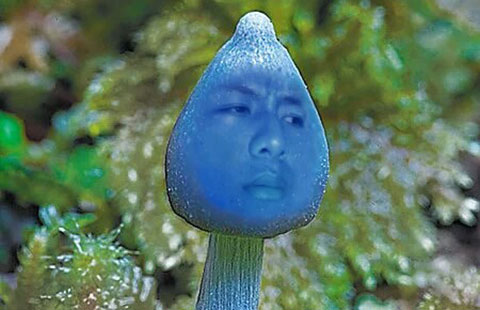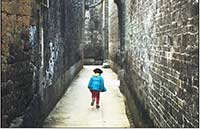Historical novel garners praise at forum
By Xu Lin (chinadaily.com.cn) Updated: 2013-01-24 17:13More than 20 experts of film and literature gathered at Beijing Normal University recently to share their views about the novel The Prelude to Red Army.
The book looks at the domestic reforms led by the Communist Party of China from the 1920s to 1930s and how Chinese farmers joined the reform and grew up.
Shao Wu and Huang Huilin, the co-authors of the novel, spent a lot of time reading historical documents to portray the characters vividly.
"The book is about the necessity of the reform for Chinese farmers. If they didn't do it, they had no chance to survive," Shao said.
Writing the novel was like running a marathon, and he couldn't rest at all, Shao said. At the age of 80, he and Huang were relieved when they overcame various difficulties to finish it before the 18th National Congress of the Communist Party of China in November.
Film critic Huang Shixian, a professor at the Beijing Film Academy, praised the work.
"The book filled a gap in contemporary Chinese literature because it demonstrates the growth of the Red Army's reform through the changes of a big family, just like other important works such as Dream of the Red Chamber by Cao Xueqin," Huang said.
Professor Zeng Zhuangrui, at Communication University of China, also gave it a good review.
"China has two national problems — farmers and intellectuals. Those who can solve both problems can succeed in reforms. The book, however, explores the two most important topics and offers us a unique perspective," said.
Huang, dean of the Academy for International Communication of Chinese Culture at Beijing Normal University, said not forgetting history is the best way to remember the martyrs.
A sequel to the book is planned.
- August 3, 1935: The Red Army headquarters draft a campaign plan at Xiahe and Taohe River
- June 22, 1929: The Seventh Congress of the CPC Fourth Red Army is held
- June 1,1936: The University of the Chinese People's Anti-Japanese Red Army is founded
- Jan 29,1935: The Red Army crosses the Chishui River four times
- Jan 17,1933: Three conditions for the Red Army to fight Japanese
- Old Red Army woman sings for Party's birthday
- Red Army to 'fight' against Blue Army in Inner Mongolia
- China launches manned spacecraft
- Cancer agent found in 44 cities' drinking water
- Agreements signed to help poor ahead of Poverty Relief Day
- China boosts soft power by training foreign journalists
- Xi praises Cambodia royalty for cultivating friendship
- Li cites innovation in visits to high-tech firms
- Overseas studies pay off
- Xi: China backs stability and growth in Cambodia
- Li vows anew to ease market access
- Xi: China backs stability and growth in Cambodia









